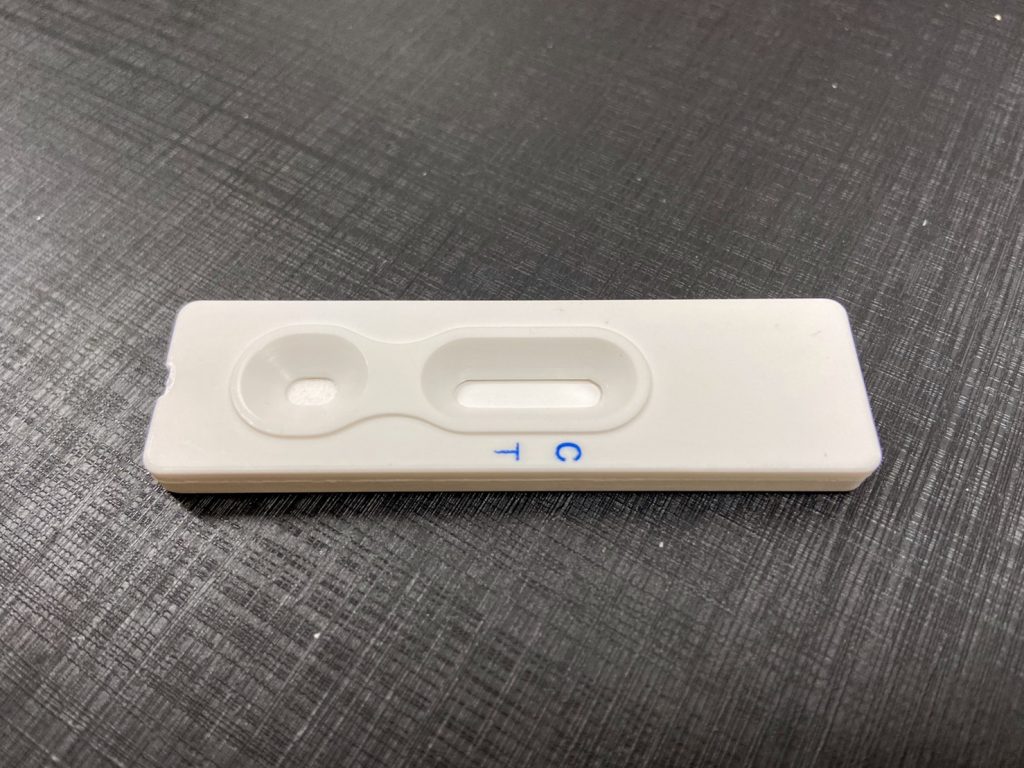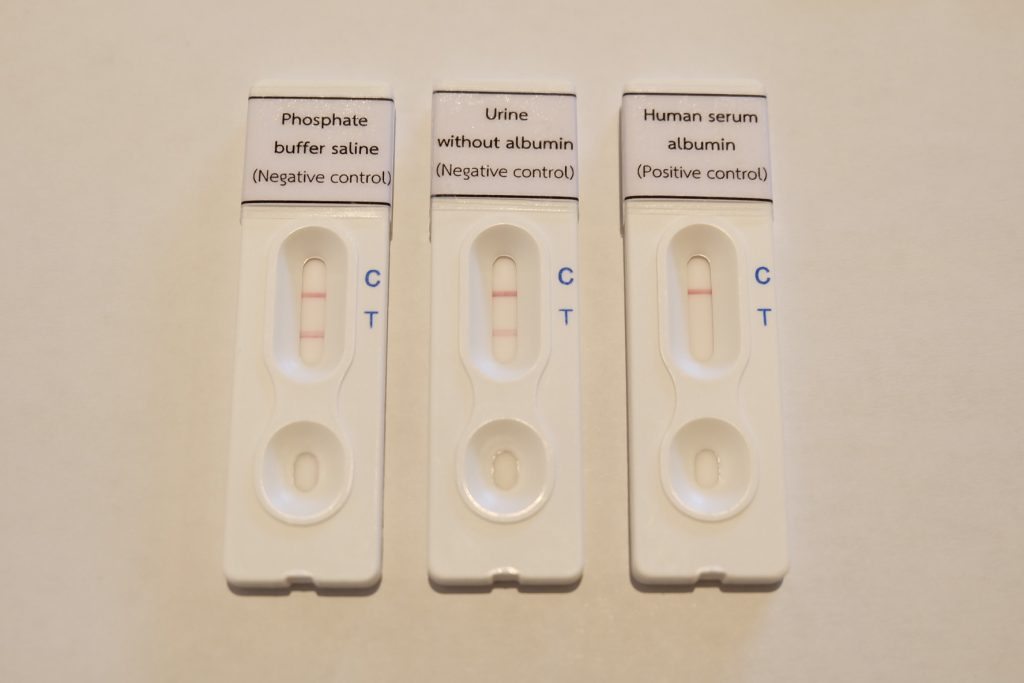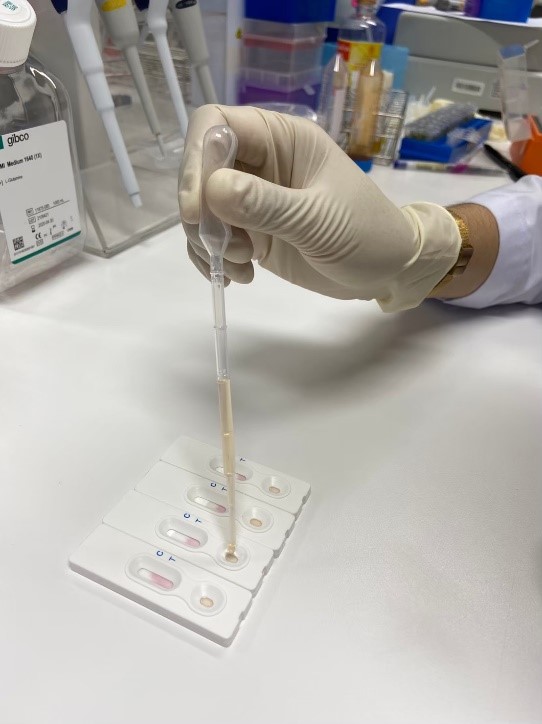Professor David Lo from the School of Computing and Information Systems (SCIS) at the Singapore Management University has been elevated to IEEE Fellow for his contributions to “synergising software engineering and data mining”. This is the highest grade of membership in the IEEE. It is conferred by the Board of Directors upon a person with an extraordinary record of accomplishments in any of the IEEE fields of interest. Each year, less than 0.1% of voting members are selected for this member grade elevation. The number of newly elevated IEEE Fellows under age 40 is very rare, and Prof Lo belongs to this youngest category of new IEEE Fellows this year.
IEEE is the world’s largest technical professional organisation dedicated to advancing technology for the benefit of humanity.
Prof Lo has also been included among the Fellows of Automated Software Engineering (ASE). ASE Fellows are deemed to “have rendered significant and sustained contributions to the ASE Community, through their scientific accomplishments and their service to the ASE Conferences, ASE Journal, and to the ASE research community in general.”
Professor Lo said, “I am honoured and humbled to receive these recognitions. I would like to thank my PhD advisor, mentors, mentees, and collaborators for their help, support, and contributions, without which these recognitions would not have been possible. I am grateful to SCIS and SMU for providing me with much support in the last 13 years to allow me to grow as a researcher and mentor. These recognitions are a great encouragement for me to continue contributing to the research community, especially to the software engineering and data science fields, as a member of a vibrant group of researchers at SCIS and SMU.”
Prof Lo’s research is at the intersection of software engineering and data science, also known as software analytics, encompassing socio-technical aspects, and analysis of different kinds of software artefacts such as code, execution traces, bug reports, Q&A posts, user feedback, and developer networks, and the interplay between them. He designs data science solutions that transform passive data into tools that improve developer productivity and system quality, and generate new insights.
Prof Lo has published more than 400 papers in refereed conferences and journals. His research work has created impact in a number of ways. Collectively, they have attracted much interest from the research community and inspired many subsequent studies that push the frontiers of knowledge in the areas of software engineering and data science. This is evidenced by the more than 18,000 citations listed on Google Scholar, corresponding to an H-index of 73. In addition, many of his research work are conducted with industry partners, leading to papers presenting state-of-the-art solutions deployed in practice, as well as unique insights into industrial software systems and processes. For example, in a recent paper, Prof Lo and his co-authors presented a state-of-the-art system that is deployed in practice to detect emerging issues of WeChat app by analysing a stream of user feedback.
Additionally, Prof Lo has successfully trained 12 PhD students, who have secured employment at high-tech companies and world-class universities and research institutions across the globe. Prof Lo’s research work has also created collaborations (including many long term ones) between SMU and other universities in over 20 countries, resulting in works published in renowned conferences and/or journals across various areas of computer science research.
Aside from his research work, Prof Lo has also contributed actively to the research community by co-organising conferences and workshops, and serving in the programme boards, programme committees, steering committees, and editorial boards of many top-tier and leading conferences and journals. For example, he served (or is current serving) as the General Chair / Program Co-Chair of 11 international conferences, including the 31st IEEE/ACM International Conference on Automated Software Engineering, which was held at SMU campus in 2016. He is also serving on the editorial board of IEEE Transactions on Software Engineering, Empirical Software Engineering, IEEE Transactions on Reliability, Automated Software Engineering, Journal of Software: Evolution and Process, Information and Software Technology, Journal of Software Engineering Research and Development, Information Systems, and Neurocomputing.
Earlier this year, Prof Lo was awarded the 2021 IEEE CS TCSE Distinguished Service Award for his “extensive and outstanding service to the software engineering community in his many roles in major software engineering conferences and journals”. He is the first in Singapore and second in Asia to have received this prestigious award.
Prof Lo obtained his Bachelor degree in Computer Engineering from Nanyang Technological University in 2004, and his PhD degree in Computer Science from National University of Singapore in 2008. He joined the School of Information Systems (former name of SCIS) as a Lecturer in May 2008. In April 2020, Prof Lo co-founded the Research Lab for Intelligent Software Engineering (RISE) that conducts research in the intersection of Software Engineering, Artificial Intelligence, and Cybersecurity with the goal of improving software quality and reducing software cost.
In addition to his current line of research work on software analytics, Prof Lo is keen to solve an emerging problem — how best to adapt software engineering processes and tools that are currently used to design conventional software for AI system development. AI is advancing rapidly and has been, or will be, incorporated into many systems that humans interact with daily, such as self-driving cars. His immediate future goal is to investigate and characterise the limits of current best practices and tools to AI system development, and design novel solutions that address those limitations.
In 2019, Prof Lo was named ACM Distinguished Member for his outstanding scientific contributions to computing. He was among the 62 members worldwide to achieve this recognition in 2019. ACM, the Association for Computing Machinery, is the world’s largest educational and scientific computing society.
Prof Lo was the recipient of several SMU research awards: the Lee Foundation Fellowship in 2009, the Lee Kong Chian Fellowship in 2018, and the Lee Kuan Yew Fellowship in 2019. He has also received 17 international research and service awards, including 11 best/distinguished paper awards.





.png)
.jpg)


.jpg)






